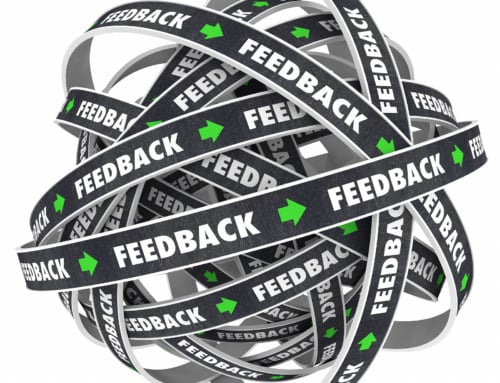Most agencies seek out the nice guy client to work with. They’re easygoing and don’t have many criticisms, which bolsters your ego. Plus, they’re often a steady source of income. But the “nice guys” aren’t always the best clients.
I’ve seen an agency that thought it was getting along great with a client. The agency assumed the client was happy with the work it produced and began to make expansion plans with pay raises, increased staffing, and larger expenditures based on the assumption that the relationship would be ongoing.
However, because the agency didn’t ask for real feedback and the client was silently underwhelmed, the agency was at risk of losing the “nice guy,” who had been shopping for a new agency.
In my experience, clients sometimes vent their frustrations elsewhere, such as to their colleagues or their communities. And if a client isn’t being honest with you, the relationship can’t be strong or meaningful, which means you’re at risk every time another agency comes sniffing around. It’s always better for you to hear the criticism, respond, and take action to keep the customer.
When you don’t have clear communication between your agency and the client, you put your business at risk. You’ll work more efficiently, the results will be better, and everyone will be happier if you’re communicating well with clients.
Sometimes, fickle or difficult clients can be more profitable. They’re looking for specific expertise, and if you offer it, they’ll find you — rather then the other way around. Although these customers are a lot of work, they know what they want and are willing to pay for it. And their bigger budgets mean larger billings, more work and increased margins for you.
How to Spot a Nice Guy Client
But sometimes, your agency has to deal with a nice guy client. The first step is recognizing which of your clients fit this category so you can establish trust and open communication right from the start.
Here are a few signs that indicate your client is too nice:
- A lack of enthusiasm: While it seems obvious, clients sometimes have discreet ways of hiding their disappointment. They might push the approval to someone else, saying something like “I showed this to XYZ, and they loved it, too.”
- Passive-aggressive behavior: Sometimes, “nice guy” clients continuously approve work at every checkpoint, but at the last minute, they say everything is wrong. They go from happy to unhappy in the blink of an eye.
- No feedback with quick approvals: Be wary of instantaneous approval. It could indicate that your services are a low priority and could be the first to go when it’s time to reevaluate the budget. Many “nice guys” will make last-minute expenditure changes, such as trimming the media budget.
Once you’ve identified your nice guy client, you’ll need to take action so your agency doesn’t lose them.
How to Get the “Nice Guy” Talking
Always be honest with your clients. Honesty is the best way to establish good relationships because a long-term affiliation can’t last with any “little white lies.” Never make excuses for bad work, late projects, or missed phone calls.
But if a client still won’t discuss issues with your agency, start off your next approval or proposal meeting by critiquing your own work in front of the client. Give clear, constructive changes and make sure your entire team is ready to accept the criticisms graciously.
Another strategy to open up the “nice guy” is to directly ask for feedback. When I’ve had nice guy clients, these questions helped make the relationships more honest:
- What’s one thing you would change or discard? (This question, in particular, forces the client to criticize something and think about exactly what isn’t right.)
- How can we make this even better?
- What concerns or objections do you think your boss or board might have with this?
- How will you sell this throughout your organization? What do you need from us to help you sell it?
When you do get feedback from a client, act on it immediately to demonstrate that communication delivers results. Your devotion to the project will stand out. It also helps to build feedback into your processes. Structure the workflow and provide timelines so opinions and changes will be not only required, but also second-nature after working with your agency for a while.
While some “nice guys” really are nice guy clients, their kindness isn’t always great for your business. Feedback will make your team better and more competitive because if you ever stop improving, you’ll be left in the dust as better, faster companies produce the work that clients really want.
This article was written by Drew McLellan for Chief Marketer.






